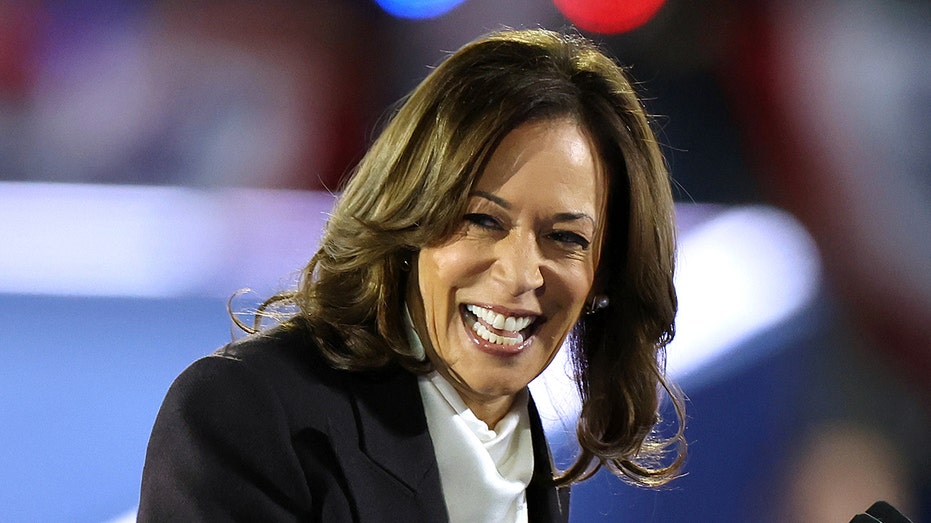Vice President Kamala Harris’s campaign has maintained silence in the wake of President Joe Biden’s recent controversial comment concerning Trump supporters. President Biden’s choice of language has stirred discussions and brought attention to how political figures navigate sensitive topics regarding their opponents’ supporter base.
The incident occurred when President Biden made headlines by referring to certain Trump supporters’ ideologies as “garbage.” This statement has sparked widespread discourse, stirring reactions from both sides of the political aisle. The remark apparently targeted the extreme elements within the Trump supporter base, yet the broader implications of such language have been a point of contention and analysis.
While the president’s intention might have been to condemn radicalism, the language used in addressing a segment of the electorate has invited scrutiny and criticism. In calling out what he perceives as divisive and destructive rhetoric or actions, President Biden’s choice of words has itself become a talking point, highlighting the challenges political leaders face in balancing straightforward critique with inclusive dialogue.
Opposition members and some political analysts have called for clarification or a formal address from the administration about the true context and aim of this commentary. Meanwhile, the silence from Vice President Harris’s campaign team has led to speculation about whether there is a strategic move to let the situation dissipate without further official comment, or if considerations are underway on how to best address this internally before making a public statement.
So far, there has been little to no publicized response from Vice President Harris regarding any differences in approach between her and President Biden concerning this specific issue. The decision of Harris’s campaign to avoid immediate comment might suggest an effort to avoid escalating tensions or drawing additional attention to the already charged discussion.
This development comes at a time when the administration is tackling a variety of significant domestic and international issues. How political leaders handle moments of controversy involving their rhetoric is crucial, especially in an era where public sentiment can rapidly shift and where voter perceptions can be deeply influenced by both traditional and social media narratives.
The ongoing response, or lack thereof, from Harris’s campaign will be closely monitored by political commentators and the public alike, as it may provide insights into the current administration’s internal dynamics and its public relations strategy as the political landscape continues to evolve.
































